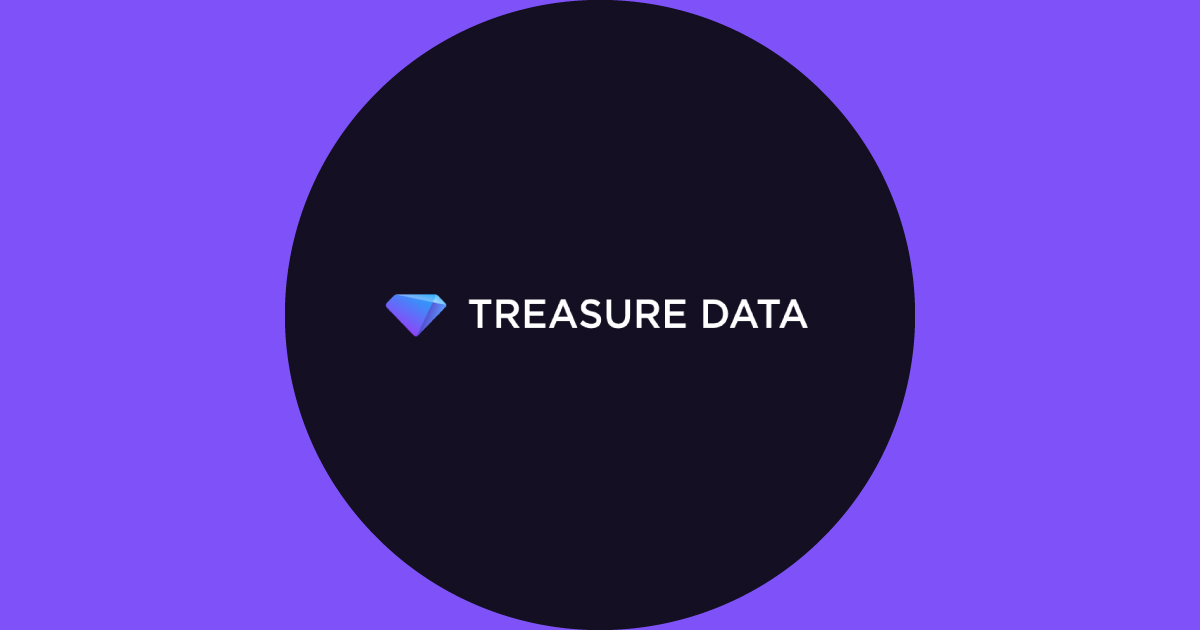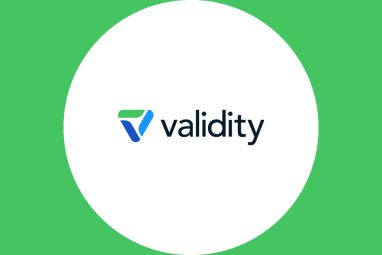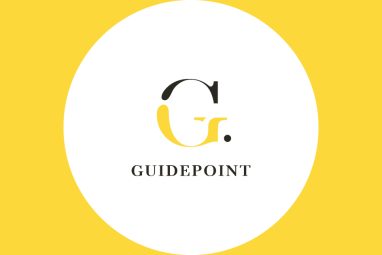Treasure Data Launches MCP Server
With the Treasure Data MCP Server, teams can query parent segments and segments, explore tables, and analyse data using natural language, making data insights more accessible.
Topics

Treasure Data, a Customer Data Platform (CDP) built for enterprise scale and powered by AI, has announced the release of its MCP Server, a new open-source connector that allows AI assistants like Claude, GitHub Copilot Chat, and Windsurf to interact directly with the Treasure Data environment.
Powered by the open Model Context Protocol (MCP), this solution gives data teams a new superpower: the ability to explore and analyse customer data in an easy and effective way, using plain language and a conversation window.
With the Treasure Data MCP Server, teams can query parent segments and segments, explore tables, and analyse data using natural language, making data insights more accessible.
For years, data access has been bottlenecked by query languages, disconnected tools, and manual workflows. With its MCP Server, Treasure Data makes CDP conversational, so users can ask real questions and get real answers instantly.
“This is the beginning of natural language analytics at scale,” said Rafa Flores, Chief Product Officer of Treasure Data.
“We’re making it radically easier for teams to get value from their data without needing to write complex SQL or rely on someone else to do it for them. This is a major shift in how teams interact with data: Just you, your questions, and your AI.”
The MCP Server acts as a local bridge between LLM-enabled tools and the Treasure Data platform. Once configured, it allows AI agents to securely interact with CDP through structured tool calls.
Whether you’re exploring datasets, generating SQL queries, or switching databases, the assistant does the heavy lifting; you just describe what you want.
ALSO READ: Botify Expands its AI Agents and MCP Server Integration
Users in Claude Desktop or GitHub Copilot in Visual Studio Code, for instance, might type: “@treasuredata Find the top 5 most viewed products in the past 7 days and show the revenue by region.”
Behind the scenes, the assistant connects through the MCP Server to Treasure Data, automatically generates the appropriate SQL, runs it, and returns the results, all within the chat interface. There’s no tab switching, no query building, and no need to know SQL.
You can also ask the assistant to describe the schema of a table, switch databases, or even run more advanced analyses.
For example:“@treasuredata In the ‘www_access’ table, find IP addresses that accessed more than 50 unique pages in under 10 minutes. Show me the first and last access time for each.”
Instead of spending an hour writing multi-step SQL and debugging joins, the AI does it for you, writing, refining, and executing the query directly within Treasure Data. The MCP Server handles the permissions, safely limits results, and ensures API keys and environment variables are managed securely.
By default, the MCP Server is read-only, making it safe for exploration. However, advanced users can enable write access to support inserts and updates for more interactive workflows.
For most enterprises, the biggest barrier to using AI effectively isn’t the model; it’s the data. If an LLM can’t access high-quality, governed data, it can’t generate useful insights. The Treasure Data MCP Server removes that barrier.
The AI accesses the CDP directly, securely and intelligently, so teams can finally start having productive conversations with their customer data.
ALSO READ: Acxiom Partners With Treasure Data For Full Funnel Personalisation









































































































